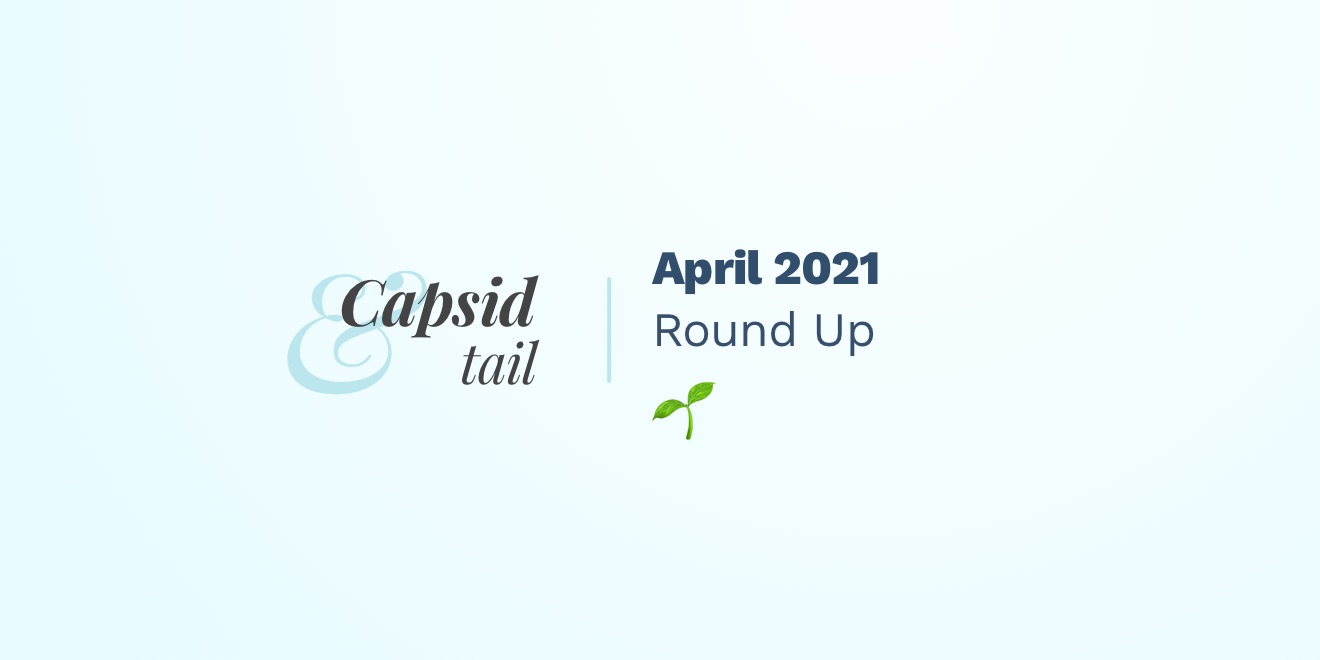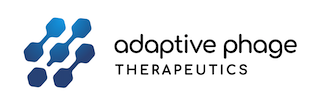Courtney Davies (Massey University, New Zealand) and colleagues published a new paper in Frontiers in Microbiology showing that Mycobacteriophage endolysins can kill Mycobacteria when fused to ‘PLAN-M’ biodegradable nanobeads, which can be rapidly tested and deployed to mitigate cell growth in liquid and on surfaces. And check out Heather Hendrickson’s tweet thread for more about how the paper came about.
Not one but THREE new papers published today in Science on phage DNA modications; they collectively describe a new pathway for purine biosynthesis and substitution of adenine by diaminopurine, found to be widespread in phages! Check out this news article in The Scientist tying the three papers together.
Most tests for Lyme Disease detect antibodies, which are often not present until weeks after infection by the causative pathogen, Borrelia burgdorferi. Jinyu Shan (University of Leicester) published a new paper in Frontiers in Microbiology on their development of a new method for Lyme Disease detection that detects a gene encoded by prophages only found in Lyme Disease-causing bacteria.
Jutta Kasurinen (University of Helsinki) and colleagues published a paper in Viruses on a new method for screening for phage-encoded toxic proteins using a Next Generation Sequencing-based assay.
Pappu Mandal (University of Technology Sydney) and colleagues published a new paper in Microbiology showing that phage infection of E. coli leads to the formation of membrane vesicles via both explosive cell lysis and membrane blebbing.







